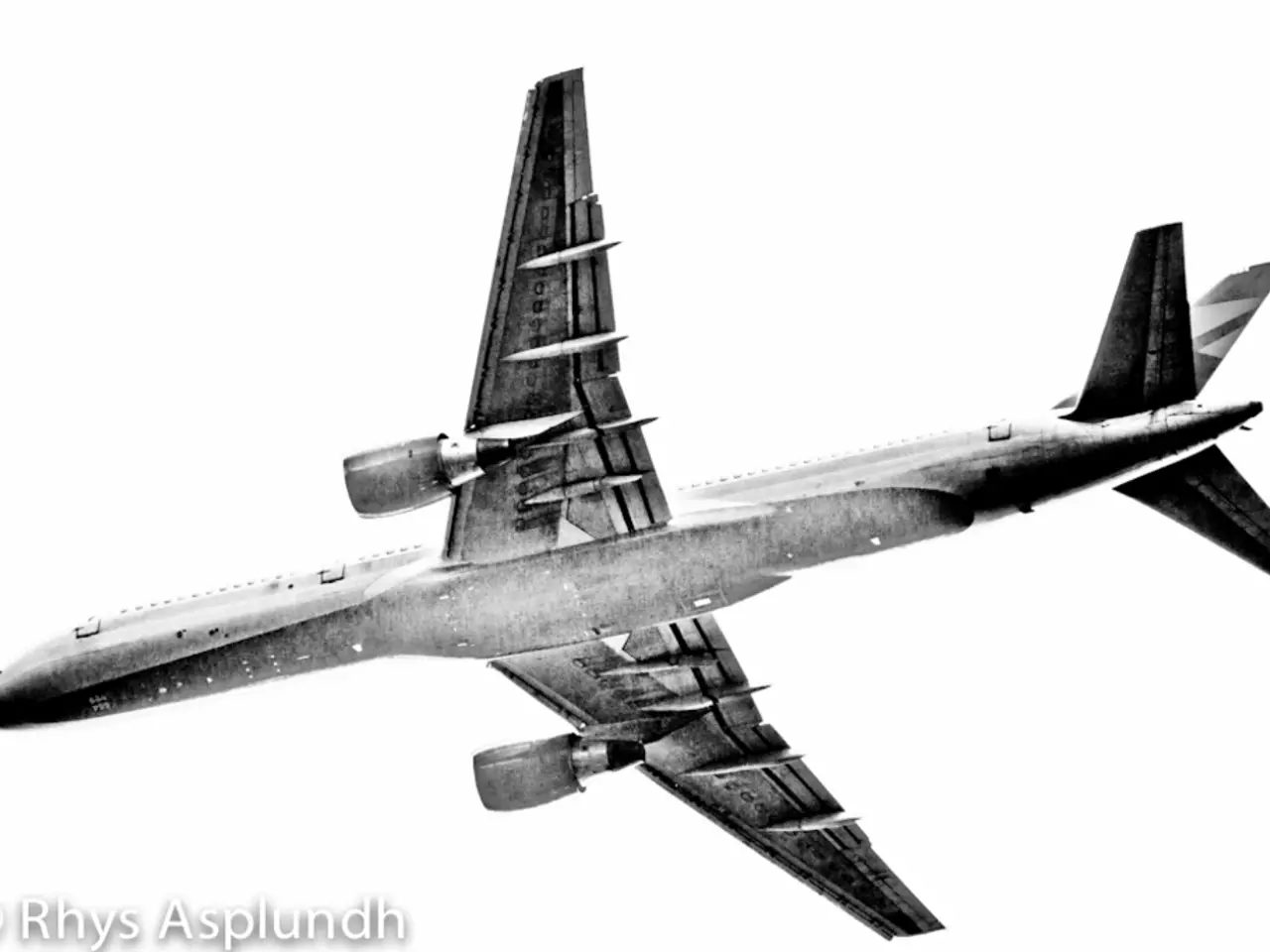International community applauds Azerbaijan-Armenia ceasefire agreement at the White House as a significant milestone
The European Council President, Antonio Costa, has warmly welcomed the signing of a peace agreement between Armenia and Azerbaijan at the White House. This historic agreement, brokered by U.S. President Donald Trump, marks the end of over 35 years of conflict between the two nations.
The peace agreement has established a strategic transit corridor, dubbed the Trump Route for International Peace and Prosperity (TRIPP), connecting Azerbaijan with its exclave Nakhchivan through Armenian territory. This 27-mile (43 km) long corridor will be developed under Armenian law but with exclusive special development rights awarded to the United States for 99 years. The project includes rail, oil, gas, fiber optic lines, and possibly electricity transmission, aiming to facilitate transit between Turkey and Azerbaijan, bypassing Russia and Iran.
Azerbaijani President Ilham Aliyev and Armenian Prime Minister Nikol Pashinyan were present at the signing, along with President Trump. Both leaders praised the agreement as a historic breakthrough that offers prospects for peace, economic cooperation, and regional stability.
The European Union has also expressed its support for the agreement, recognising its potential to foster peace, economic development, and stability in a historically volatile region. European Council President Antonio Costa and European Commission President Ursula von der Leyen, in a joint statement, highlighted the EU's commitment to helping the region achieve sustainable peace, stability, and prosperity.
The European Union's strategy for the region includes investing in regional connectivity and full opening to promote sustainable peace, stability, and prosperity. The Union is prepared to support the first and foremost populations affected by the conflict legacies, aiming to bring the region closer to sustainable peace, stability, and prosperity.
The peace agreement is a political declaration that establishes interstate relations between Armenia and Azerbaijan. While the agreement has received international support, Iran has expressed security concerns and threatened to block the corridor.
In summary, the peace agreement: - Ends decades-long conflict with a historic joint declaration. - Creates a U.S.-backed transit corridor linking Azerbaijan to Nakhchivan through Armenia. - Promotes regional economic integration and development. - Aims to shift geopolitical influence away from Russia, Iran, and China. - Faces some opposition from Iran despite overall international support. - Is framed as a major diplomatic achievement by the U.S. and welcomed by the EU.
This significant development is expected to pave the way to lasting, sustainable peace for both countries and the entire region. The European Union remains committed to supporting the normalization process between Armenia and Azerbaijan, with the hope of bringing the entire region closer to peace and stability.
The peace agreement has attracted interest beyond just the parties involved, as the European Union has expressed its support for the agreement, recognizing its potential to foster peace, economic development, and stability in a historically volatile region. This reflects the EU's broader strategy for the region, which includes promoting regional connectivity and investing in projects aimed at achieving sustainable peace, stability, and prosperity.
Furthermore, the agreement and the subsequent development of the strategic transit corridor, known as TRIPP, could influence broader political dynamics, as it aims to shift geopolitical influence away from traditional players like Russia, Iran, and China, and could become a significant element in Turkey's policy-and-legislation and general news regarding war-and-conflicts and politics.








